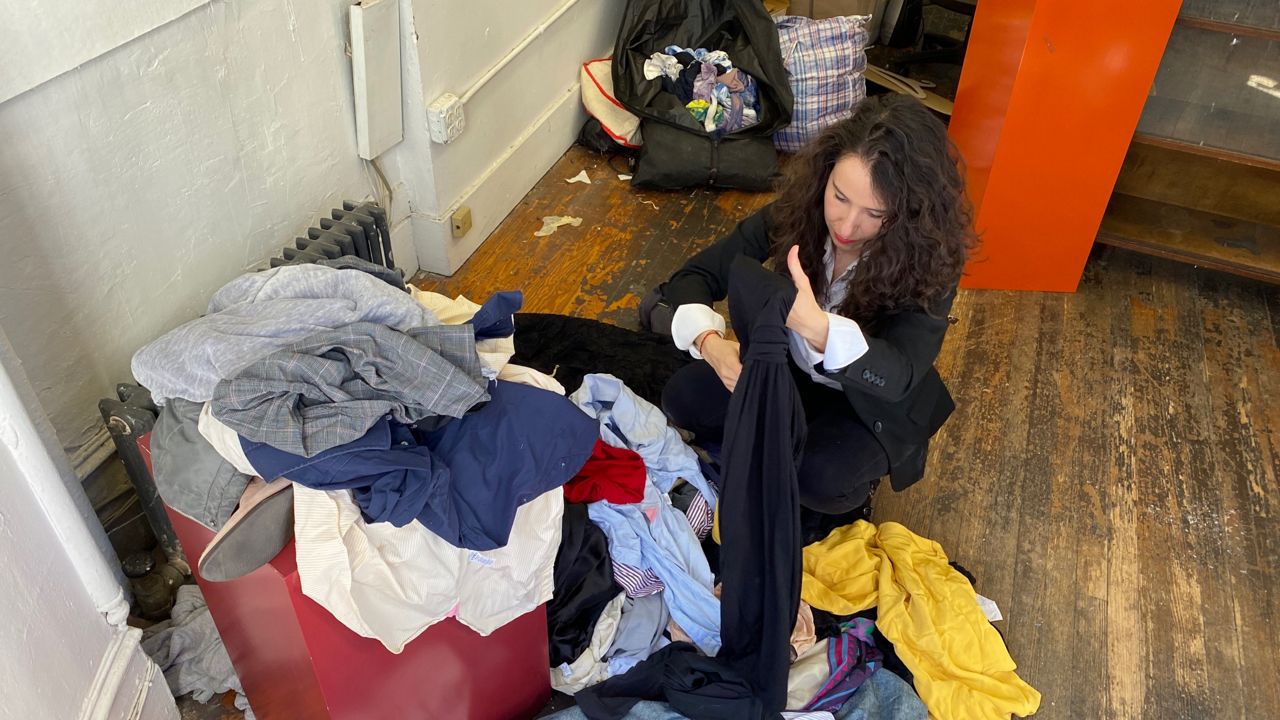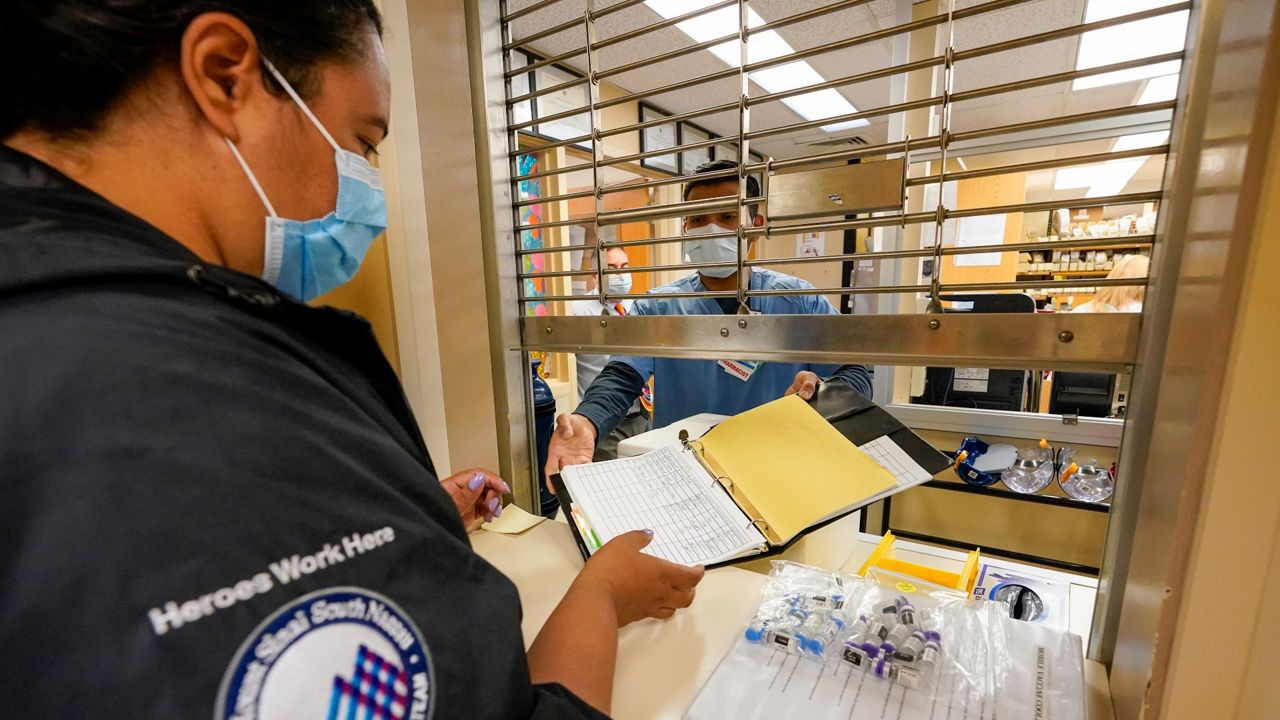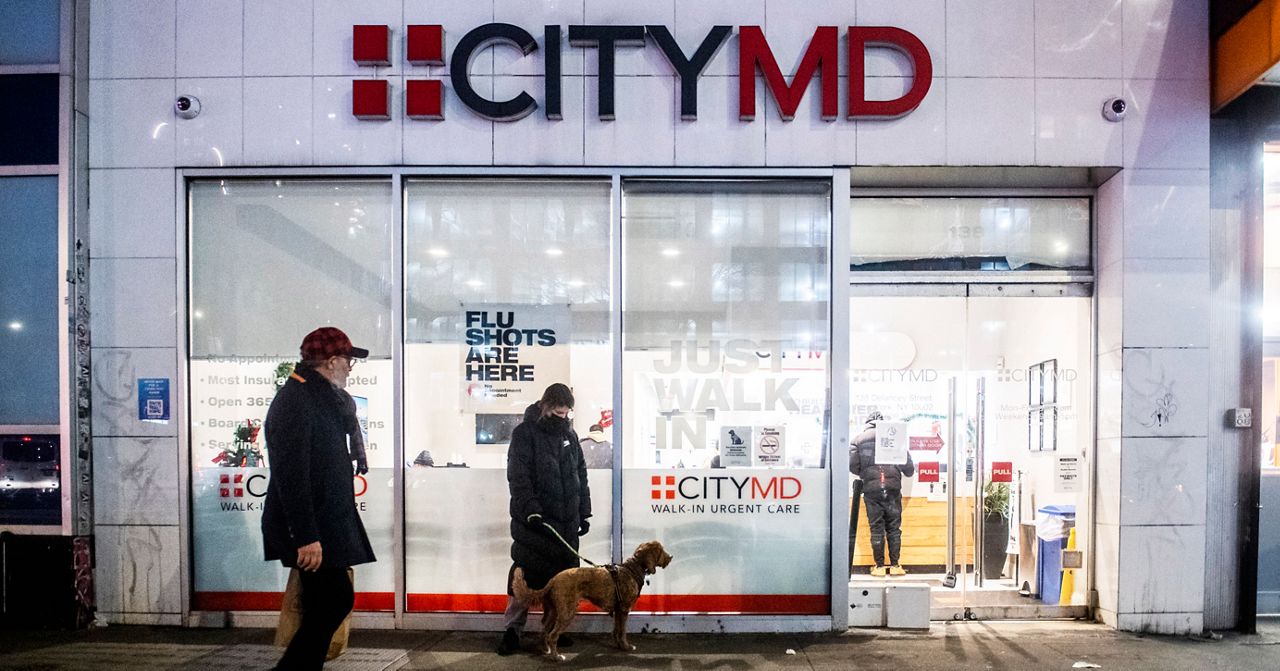Hundreds of New Yorkers are still dying by the day as the coronavirus pandemic continues to hold the city in its grip.
As of this week, more than 20,000 New Yorkers are confirmed or presumed to have died as a result of coronavirus -- but there are thousands of additional deaths that the city cannot fully explain yet.
- LIVE UPDATES: Coronavirus in New York City
- LIVES LOST: Remembering Victims of the Coronavirus
- What to Do If You Test Positive for COVID-19
- CDC Coronavirus Page
- WHO Coronavirus Page
New data compiled by the Department of Health and Mental Hygiene, and published by the Centers for Disease Control and Prevention (CDC) show the city recorded more than 5,000 “excess deaths” from March 11 through the first week of May.
Councilman Brad Lander, a Democrat who represents parts of Brooklyn, said the city cannot yet explain every excess death, but accounting for them and changing the way some of them are being classified will be essential in ensuring the city is prepared in the event of a similar health crisis happening again.
There might have been a heart attack or a stroke, the ambulance couldn’t come on time, or they couldn’t get the care they needed in the hospital.“We don’t know the reasons in all of them," Lander said. "There might have been a heart attack or a stroke, the ambulance couldn’t come on time, or they couldn’t get the care they needed in the hospital. What the difference is with what we’re seeing now and the rate of deaths that we would see in a normal year, it’s really critical that we find that information, take it seriously, understand what is going on, think about the disparate impact and learn from it."
According to the CDC, the unexplained death toll could be directly or indirectly linked to the pandemic.
Dr. Carlos Santos-Burgoa, who helped lead a George Washington University study into fatalities in the aftermath of Hurricane Maria in Puerto Rico, said New York city should brace for a possible parallel scenario. It wasn’t until more than a year after the storm hit that the government revised the death toll -- accounting for everyone who died in the aftermath of the storm.
Burgoa said he's concerned about the way cities have been counting the dead, stressing the importance of having an accurate count that might help officials dictate policy and respond while the crisis continues.
“The simplest way to do this is to account for total mortality," Santos Burgoa said. "If we see a spike in the total mortality, we have to be suspicious. It is common sense that this should be part of the continuous surveillance of departments of health in cities and states and it would be a helpful thing to help us manage the epidemic that is going on."
The city’s chief health official acknowledged Tuesday thousands of people may have died from complications unrelated to the actual virus but connected to the chaotic situation created by it. The health care system is overwhelmed, patients are delaying treatment, and some may be ignoring symptoms leading to fatal results.
Dr. Oxiris Barbot, commissioner of the city's Department of Health and Mental Hygiene, said having a complete and accurate count of those who have died during the crisis will be key in the city's "healing process."
She acknowledged the department is seeing many more deaths that may have been an indirect result of the pandemic.
“I think we can all agree that this has been an incredibly prolonged and stressful situation for all of us. And we know that stress kills," Barbot said. "And, certainly, if you've got a chronic underlying illness and you've got prolonged stress, that can contribute to act to premature mortality."
Mayor Bill de Blasio said the city is committed to making sure every death is counted, but it’s not yet clear how or if the death toll will be revised to account for excess deaths.
-----
FURTHER CORONAVIRUS COVERAGE
What to Do If You Test Positive for COVID-19
How Hospitals Protect Against the Spread of Coronavirus
Coronavirus Likely Spreads Without Symptoms
Coronavirus: The Fight to Breathe
Cuomo Orders Non-Essential Workers to Stay Home
NYC Businesses to Be Fined If Caught Price Gouging Face s Spread
Cuomo Granted Broad New Powers as New York Tackles Coronavirus









